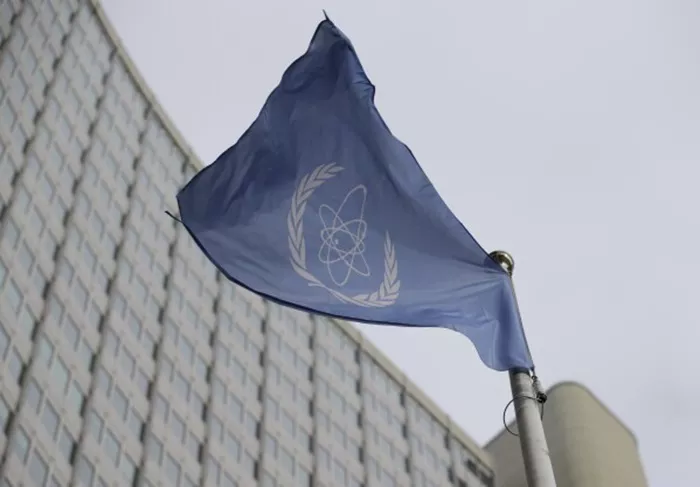The United Nations’ nuclear watchdog has formally accused Iran of violating its obligations under the nuclear non-proliferation treaty, escalating tensions in the Middle East as Oman prepares to host renewed indirect nuclear talks between Tehran and Washington.
In a closed-door session on Thursday, the International Atomic Energy Agency’s (IAEA) 35-member Board of Governors adopted a resolution rebuking Iran for non-compliance. The motion—put forth by the United States, the United Kingdom, France, and Germany—was supported by 19 member states, with 11 abstentions. Russia, China, and Burkina Faso voted against the resolution.
The move follows a stark warning from IAEA Director General Rafael Mariano Grossi earlier this week. Addressing the Board, Grossi stated that Iran had failed to disclose nuclear material and related activities at three previously undeclared sites. He urged Tehran to fully and immediately cooperate with international inspectors.
“Unless and until Iran assists the Agency in resolving the outstanding safeguards issues, the Agency will not be in a position to provide assurance that Iran’s nuclear programme is exclusively peaceful,” Grossi said.
The rebuke comes just days before Oman hosts a sixth round of indirect U.S.-Iran nuclear negotiations in Muscat, scheduled for Sunday, June 15. Omani Foreign Minister Badr al-Busaidi confirmed the meeting in a statement posted to X (formerly Twitter) on Thursday.
However, the diplomatic outlook appears increasingly fragile. U.S. President Donald Trump expressed waning optimism about reaching a nuclear agreement with Iran, citing Tehran’s continued defiance.
“I’m less confident now than I would have been a couple of months ago,” Trump said during a podcast interview this week.
Still, the President affirmed that Washington would not permit Iran to enrich uranium to weapons-grade levels, with or without a formal agreement.
Amid mounting concerns over regional security, the U.S. State Department this week ordered the evacuation of non-essential staff from its embassy in Baghdad, citing elevated risks tied to the faltering negotiations.
As diplomacy inches forward in Muscat, the latest IAEA resolution and hardening rhetoric underscore the high stakes—and growing urgency—of resolving the Iranian nuclear crisis.


